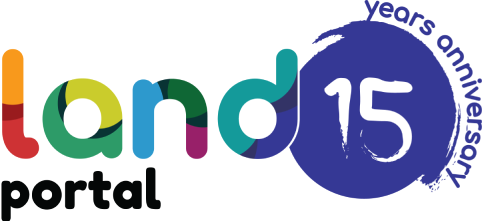“Free, Prior and Informed Consent (FPIC) is the first line of defense when investors and government officials seek to develop projects that may affect Indigenous communities, lands, territories, and resources. For this reason, Indigenous Peoples must be prepared to engage with FPIC from a fully informed, proactive stance.
collective ownership
Collective ownership is the ownership of means of production by all members of a group for the benefit of all its members.
Source: Wikipedia








